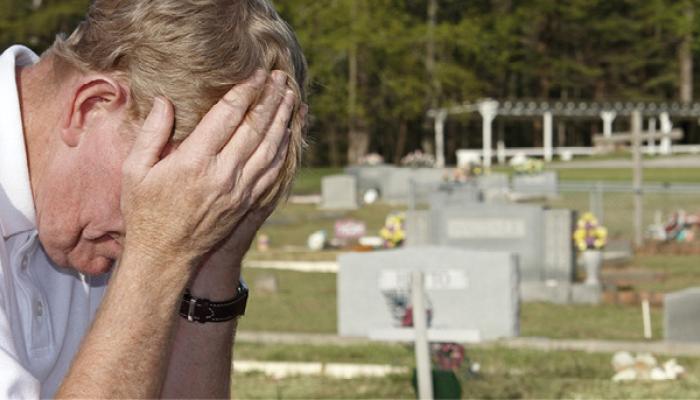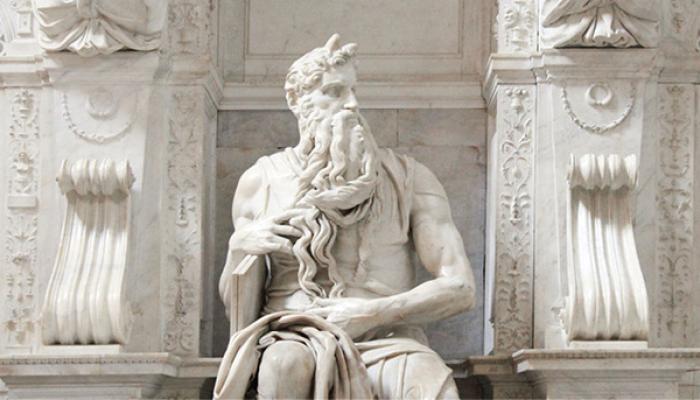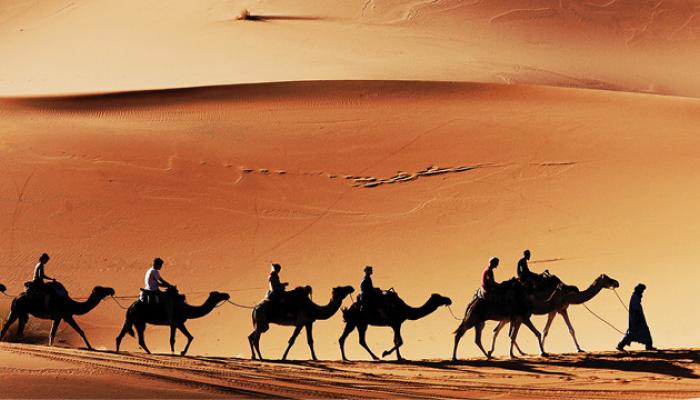
1.22 Why did the Great Flood take place in the time of Noah?
The book of Genesis tells us that many years after the fall of Adam and Eve, God was again disappointed in the people, who behaved in an evil and sinful way. He was sorry that he had created them, and wanted to destroy them in a great flood. Only Noah behaved well. God told him to build an ark to accommodate his family, as well as a male and female of all the animal species in the world (Gen. 6:13-19)Gen. 6:13-19: God said to Noah, “I have determined to make an end of all flesh; for the earth is filled with violence through them; behold, I will destroy them with the earth. Make yourself an ark of gopher wood; make rooms in the ark, and cover it inside and out with pitch. This is how you are to make it: the length of the ark three hundred cubits, its breadth fifty cubits, and its height thirty cubits. Make a roof for the ark, and finish it to a cubit above; and set the door of the ark in its side; make it with lower, second, and third decks. For behold, I will bring a flood of waters upon the earth, to destroy all flesh in which is the breath of life from under heaven; everything that is on the earth shall die. But I will establish my covenant with you; and you shall come into the ark, you, your sons, your wife, and your sons’ wives with you. And of every living thing of all flesh, you shall bring two of every sort into the ark, to keep them alive with you; they shall be male and female”..
After the flood had covered the earth, Noah’s ark was afloat on a vast sea. After 150 days the water began to subside. God made a covenant with all the people: never again would he allow the earth to be flooded. The rainbow is a sign of this promise (Gen. 9:16)Gen. 9:16: When the bow is in the clouds, I will look upon it and remember the everlasting covenant between God and every living creature of all flesh that is upon the earth..
What are the first stages of God's Revelation?
From the very beginning, God manifested himself to our first parents, Adam and Eve, and invited them to intimate communion with himself. After their fall, he did not cease his revelation to them but promised salvation for all their descendants. After the flood, he made a covenant with Noah, a covenant between himself and all living beings. [CCCC 7]
How does God reveal himself in the Old Testament?
God shows himself in the Old Testament as God, who created the world out of love and remains faithful to men even when they have fallen away from him into sin.
God makes it possible to experience him in history: with Noah he establishes a covenant to save all living things. He calls Abraham so as to make him “the father of a multitude of nations” (Gen 17:5b) and to bless “all the families of the earth” in him (Gen 12:3b). The people Israel, sprung from Abraham, becomes his special possession. To Moses he introduces himself by name. This mysterious name Yhwh, usually transcribed Yahweh, means “I am who I am” (Ex 3:14). He frees Israel from slavery in Egypt, establishes a covenant with them on Sinai, and through Moses gives them the law. Again and again, God sends prophets to his people to call them to conversion and to the renewal of the covenant. The prophets proclaim that God will establish a new and everlasting covenant, which will bring about a radical renewal and definitive redemption. This covenant will be open to all human beings. [Youcat 8]
Down the various ages of history men have continued to commit sins, perhaps even greater than those described before the flood. However, from the words of the covenant God made with Noah we realize that now there is no sin that can bring God to destroy the world he himself created. [Pope John Paul II, Homily, 16 Feb. 1997]





